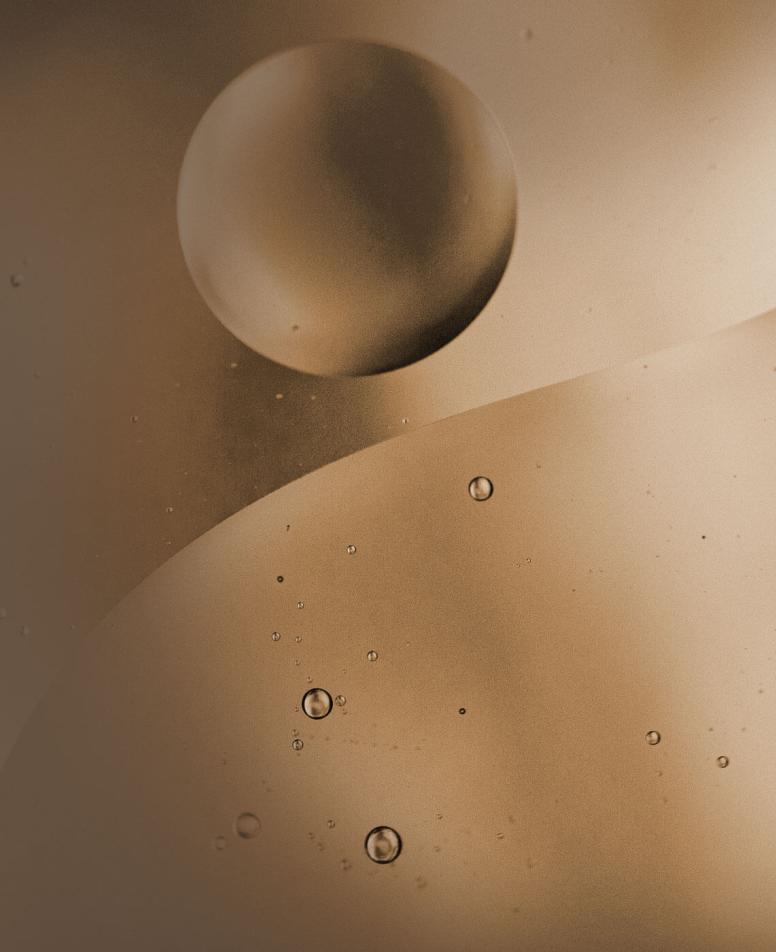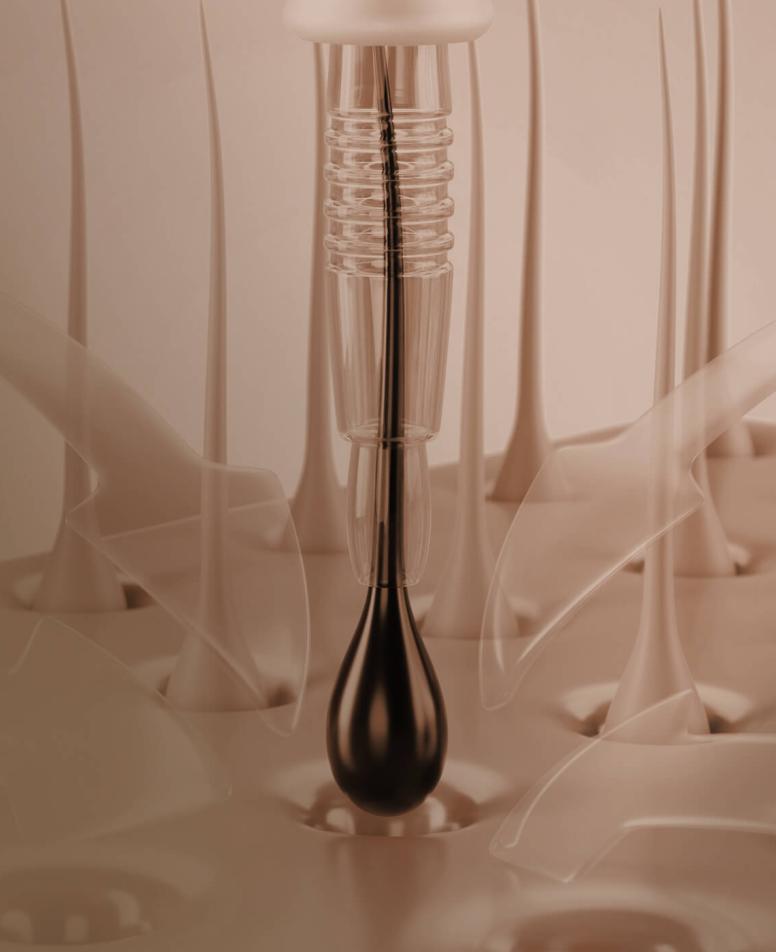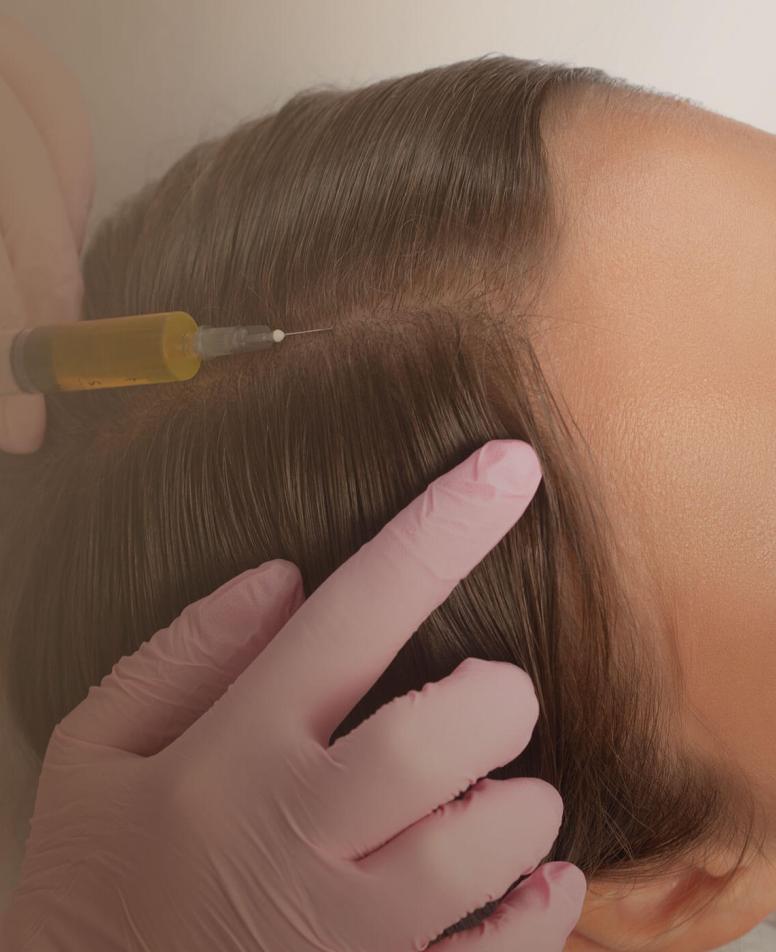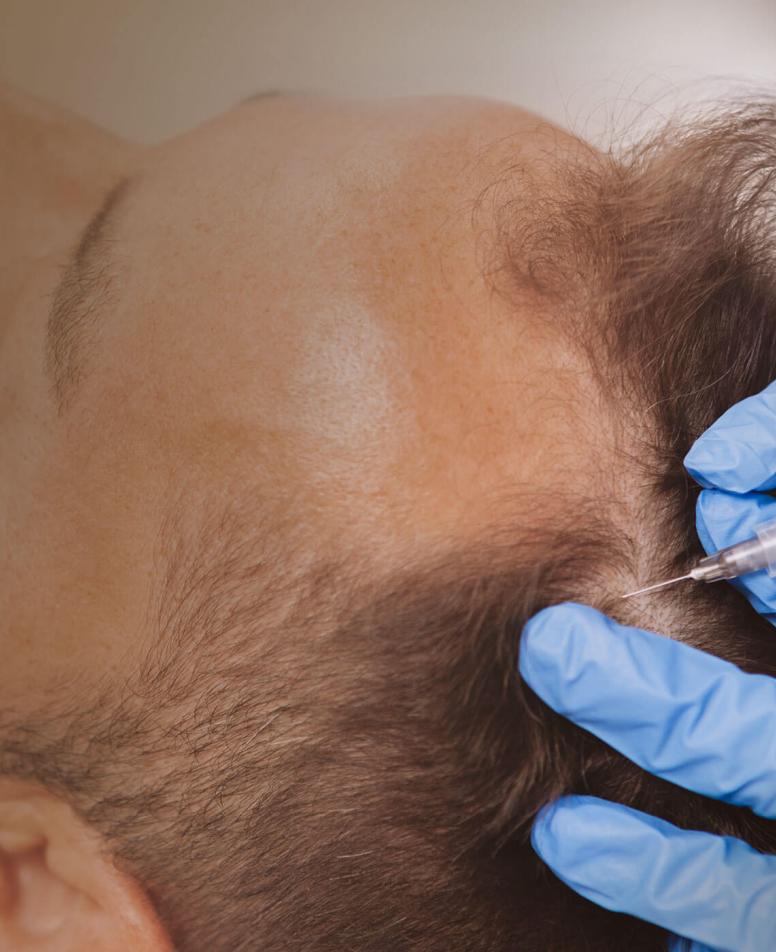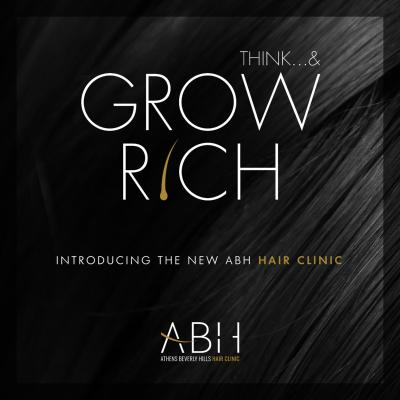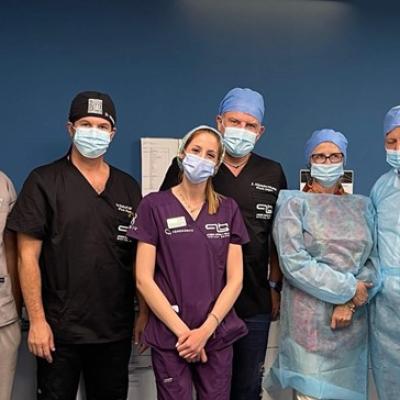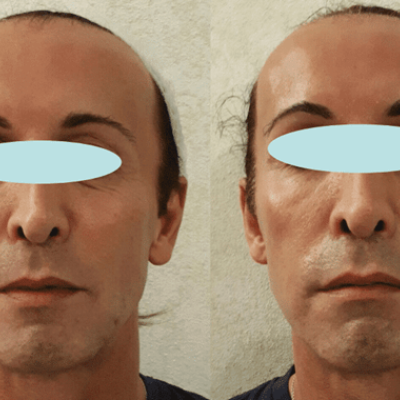Our state-of-the-art clinic combines the expertise of top specialists with the most advanced technologies in the field of trichology and hair transplantation. We understand that your hair is as unique as you are. That's why our experienced medical team designs customized treatment protocols tailored to your specific needs and goals. From pioneering hair transplantation to innovative regeneration therapies, we aim to provide effective solutions that not only restore your hair health but also enhance your confidence.
Our commitment to excellent service quality extends beyond the treatment itself. We offer comprehensive support and guidance at every stage of the process, from initial diagnosis to long-term post-treatment care.

